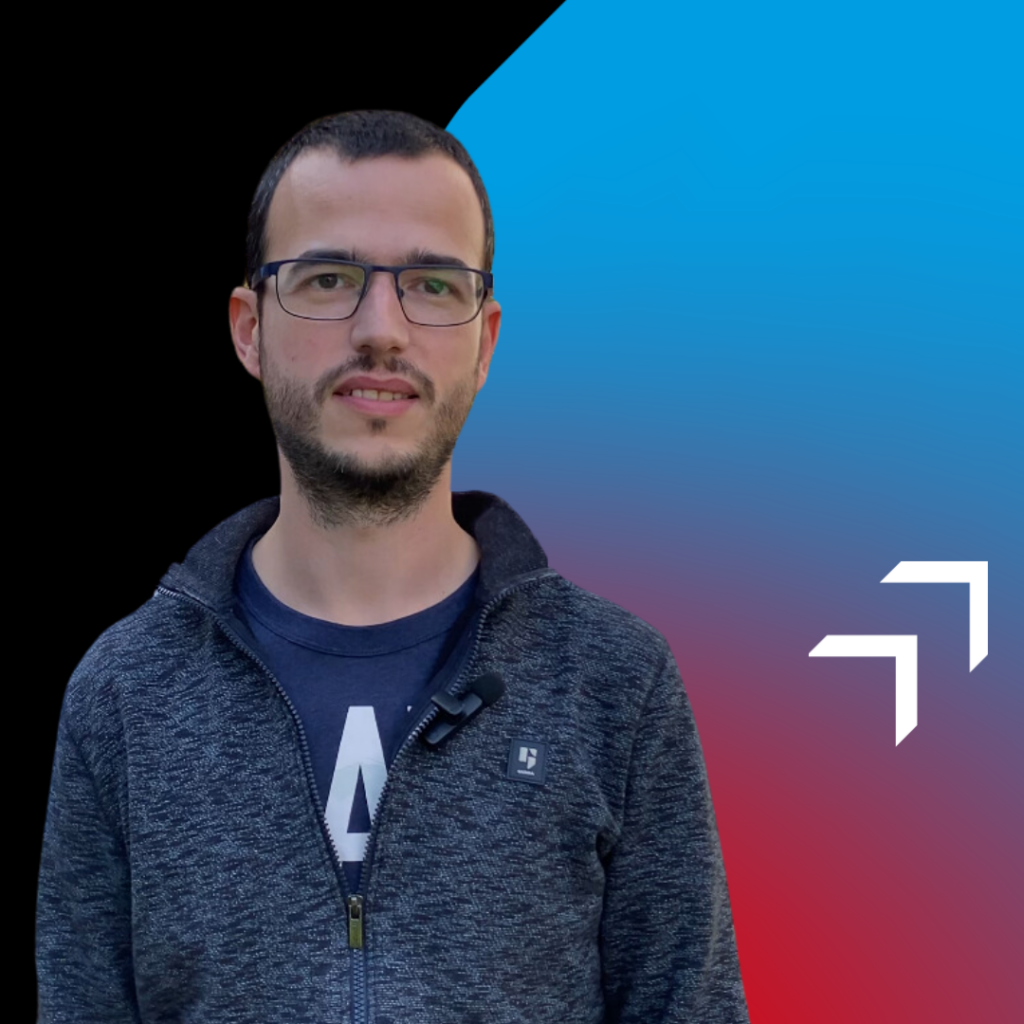In conversation with our young researchers: Bianca Brandus
09 September 2022
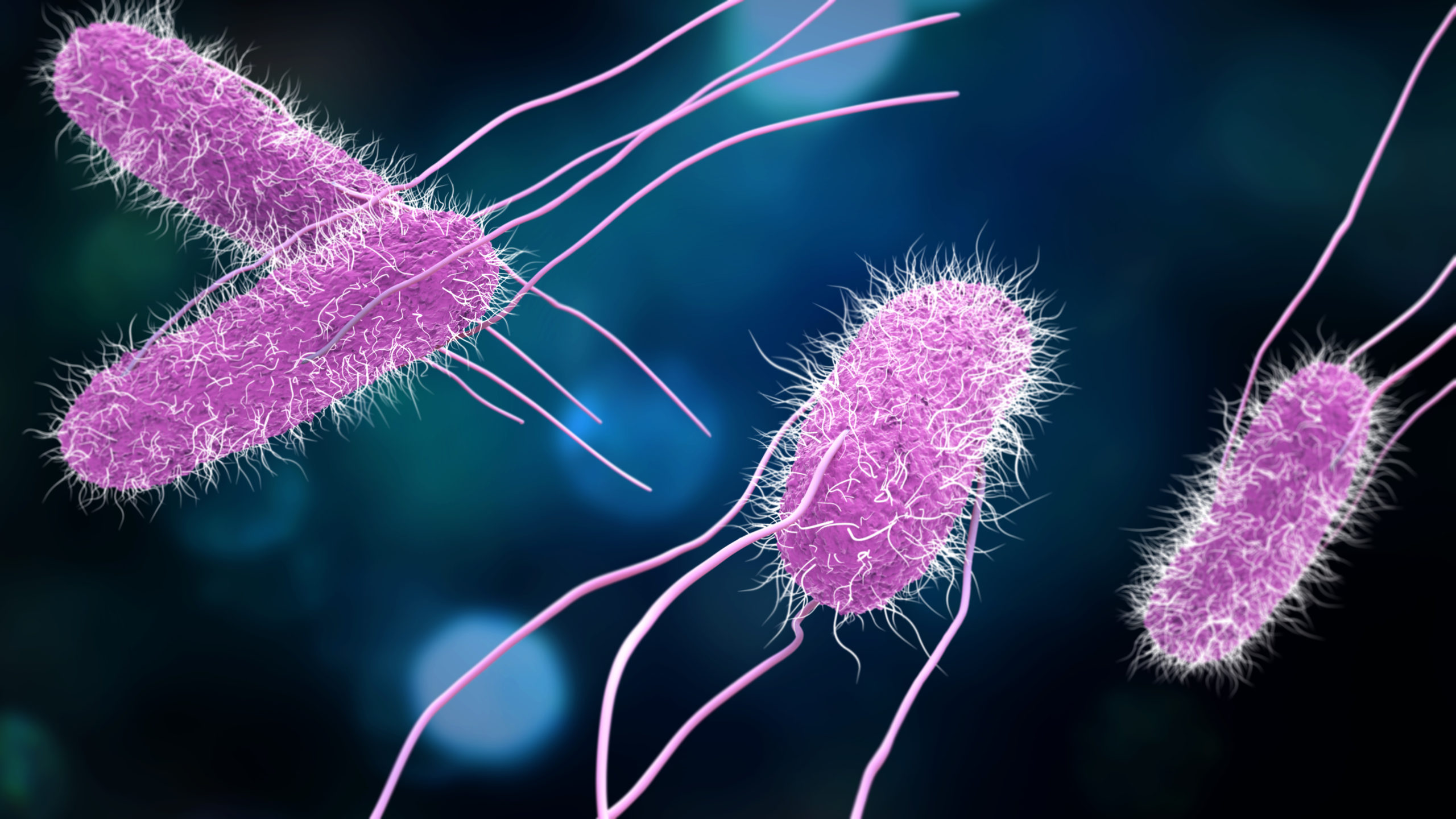
Pseudomonas aeruginosa
Considered as a “priority pathogen” by the World Health Organisation, Pseudomonas aeruginosa is a naturally resistant to antibiotics bacteria that can cause serious illnesses.
How to develop novel therapeutics fighting a very dangerous respiratory bacterium, resistant to antibiotics so sometimes impossible to treat?
It is the aim of Bianca Brandus’ research work that she is leading at the Luxembourg Institute of Health (LIH). Her PhD focuses on the analysis of the Pseudomonas aeruginosa, an organism that can cause various disease such as lungs infections and pneumonia.
Helping patients with antibiotic-resistant infections
Since she found her topic of interest, Bianca Brandus feels that what she is doing is really important and could save many lives. And there are good reasons for this: Bianca’s studies focus on the development of novel therapeutics that target a very dangerous respiratory bacterium called Pseudomonas aeruginosa.
P. aeruginosa is one of the “priority pathogens” according to the World Health Organisation, as it easily acquires resistance to antibiotics making it difficult and sometimes impossible to treat. Bianca hopes that these new therapeutics will offer a treatment option for those patients who suffer from antibiotic resistant infections.
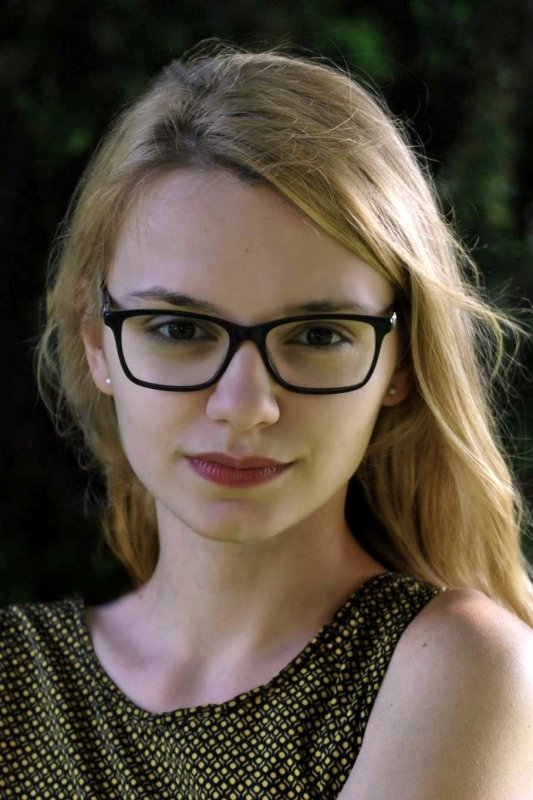
There is long way from bench to bedside, however I feel optimistic that our molecules could reach patients in the near future.
Bianca Brandus
Under the supervision of Dr Carole Devaux, head of the HIV Clinical and Translational Research Unit, Bianca and her team submitted a patent last year.
We hope that pharmaceutical companies will become interested in our active molecules.
Bianca Brandus
Bacteria for passion
Contrary to many scientists, Bianca Brandus had no idea what she was going to be by growing up. The only thing she knew from the beginning was that microscopic creatures and cells fascinate her.
Bianca started working with bacteria during her bachelor’s degree she completed at the Babeș-Bolyai University, in Romania, focusing on the antibacterial properties of metal complexes. During her bachelor’s programme, she spent one year as an Erasmus student at Eötvös Loránd University (ELTE) in Budapest, Hungary. And she was so fascinated by the research going in the immunology department of ELTE University, that she decided to sign up for the Molecular biology and Immunology master’s programme offered by this university.

Then, during her master’s programme, Bianca’s interest shifted from microbiology in the direction of immunology. She got introduced to the complement system, one of our most ancient innate defence mechanism, which ended up being the topic of her thesis as well as her passion ever since! One can image complement proteins in our blood as tiny bombs, which only detonate when they feel a threat (bacteria, virus or dying cell). Bianca master’s thesis was a bridge between these two fields: microbiology and immunology, as she was studying the interactions between complement proteins and bacterial extracts.
In September 2019, she started her PhD training in the HIV Clinical and Translational Research Unit, in the Department of Infection an Immunity at the Luxembourg Institute of Health. Funded by the Luxembourg National Research Fund (FNR) within the PRIDE sheme, as part of the MICROH doctoral training unit, her research continues to have the main focus: the complement system and its interaction with bacteria.
Collaborate to make an impact…
When she started her PhD, Bianca had little experience in working with highly dangerous bacteria. Therefore, her unit initiated a collaboration with the University of Tours (more specifically with Dr. Mustapha Si-Tahar, Director of CEPR/Inserm U1100), where they have expertise in working with P. aeruginosa and other respiratory pathogens in the field of bacteriology as well as in vivo mouse experiments. This French university also kindly provided Bianca and her team clinical isolates, so they could test how effective the molecules they are working with would be in clinical settings.
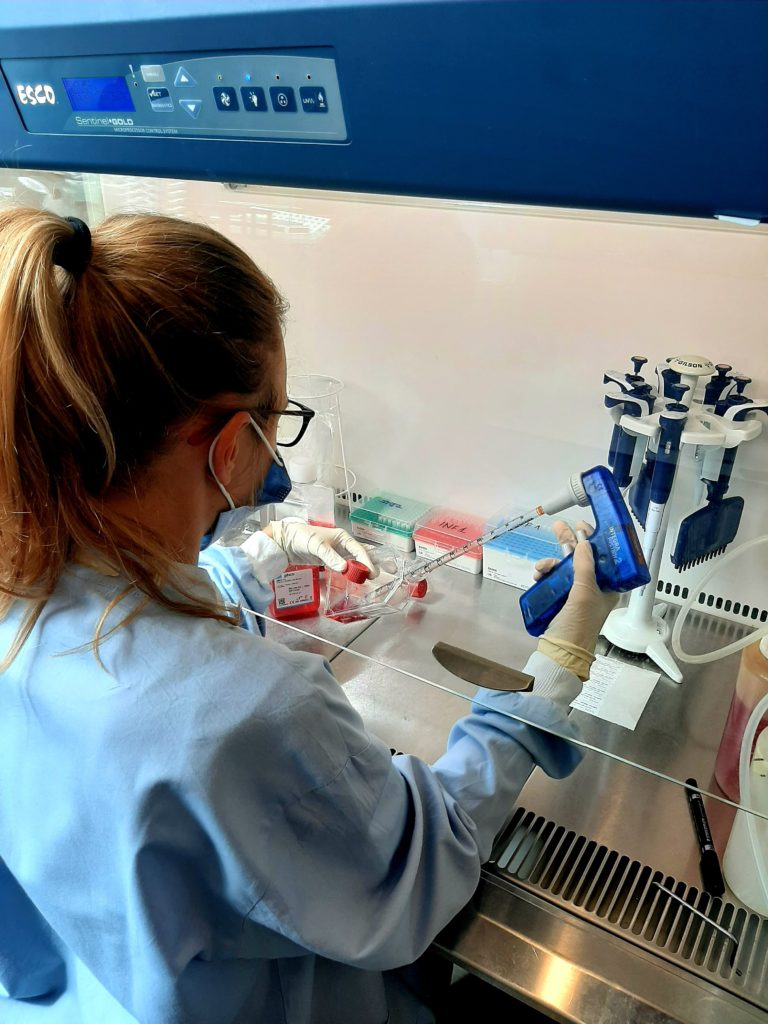
As scientists we have to have accept that our fields of interest and expertise are narrow, therefore we need to collaborate with each other to make an impact.
Bianca Brandus
… and see from another perspective
Because, she wanted to see her research form another perspective, Bianca participated in the LUX:plorations project, a comic featuring stories around science and research connected to Luxembourg. The two editions of the comic book was developed under the lead of the Doctoral Education in Science Communication (DESCOM) project of the University of Luxembourg
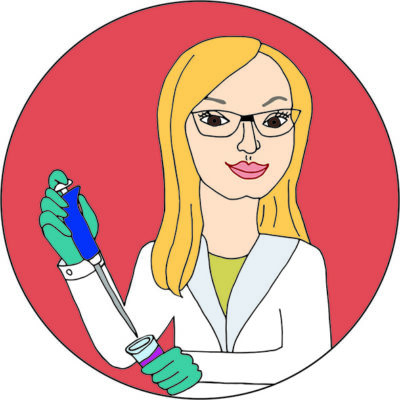
I always loved to imagine the “fight” happening in our body between pathogens and the immune system. The comic was a great opportunity to visualize my thoughts.
Bianca Brandus
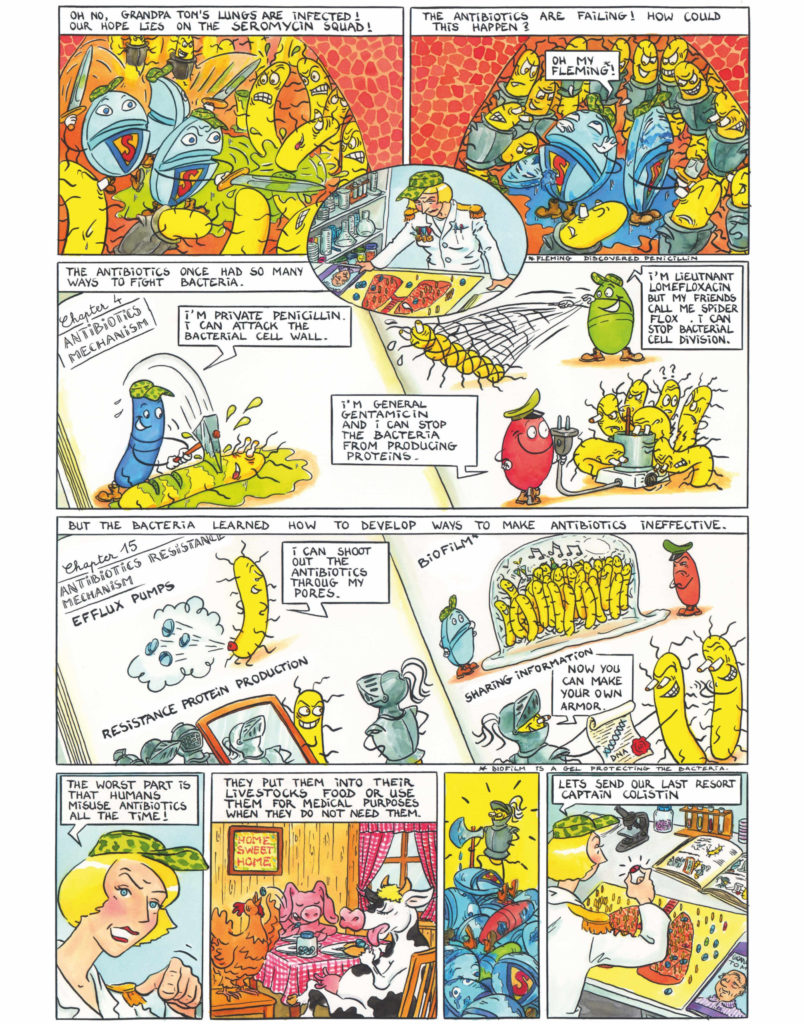
An ideal professional and personal environment
As a great country for research, with many collaborations between institutes and teams, Bianca Brandus decided to pursue a research career in Luxembourg which offers a good work-life balance environment.
I came to Luxembourg in order to challenge myself and to be in an environment where I can learn new techniques and develop new skills.
Bianca Brandus
Moreover, Bianca finds it very easy to meet and connect with fellow scientists. Despite the small size of the country, there are many events organized by the University as well as Luxembourg Institute of Health, including lecture series, journal clubs and retreats.









